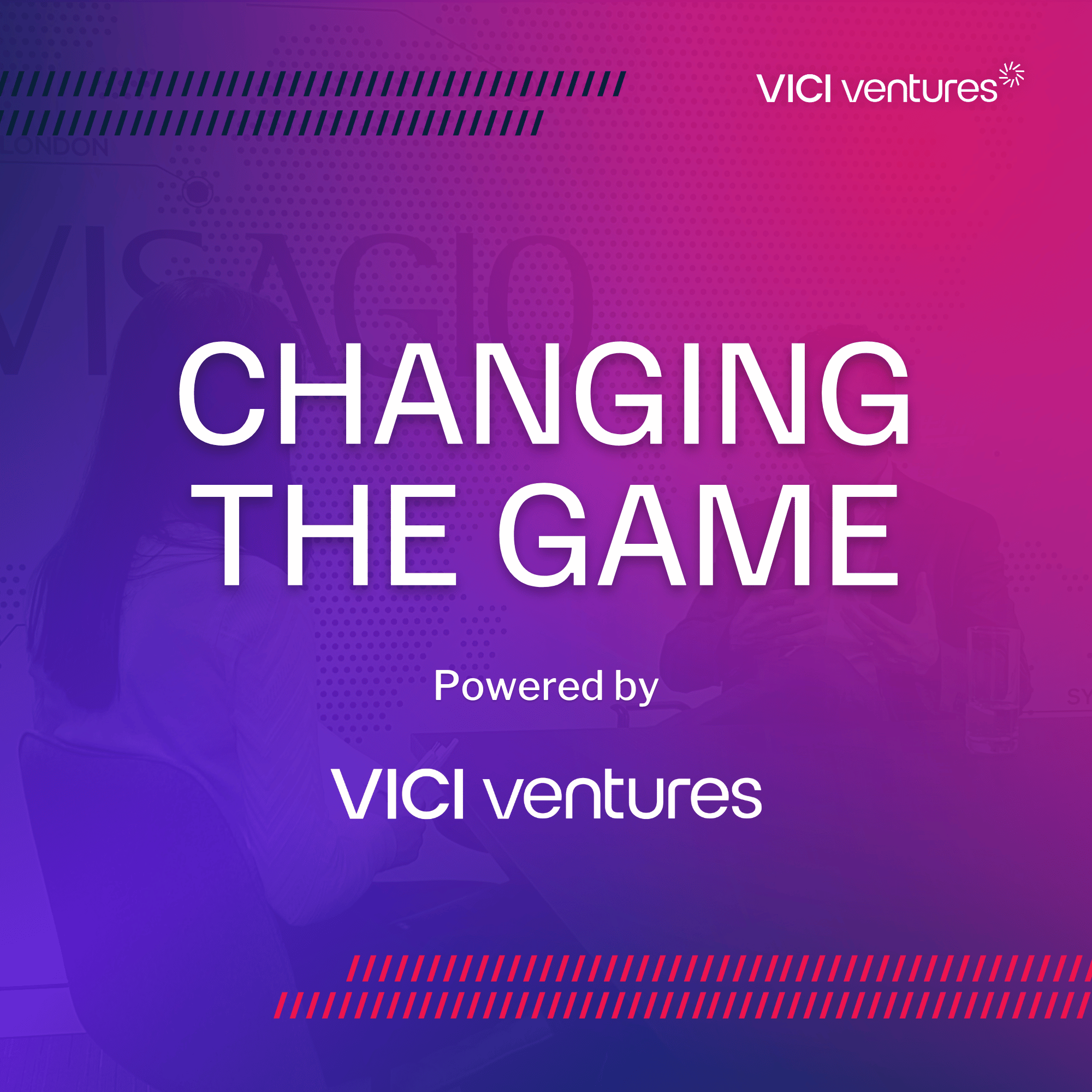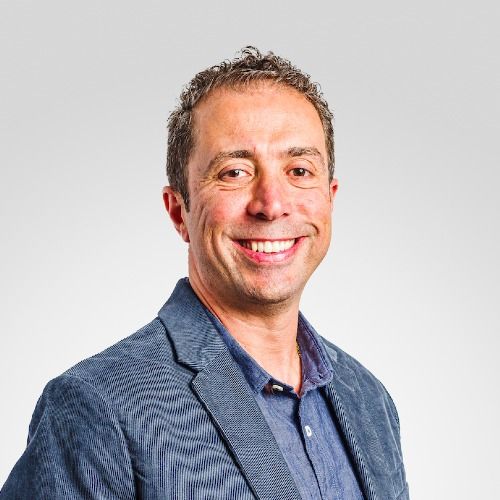Episode 3
Changing The Game with Wilson Casado - Courtney Barron
Courtney Barron is a senior executive in the Western Australia Executive Council, having worked with the Premiere in the cabinet. She is also a global supporter and advocate for women especially in relation to employment, housing and healthcare.
As someone that has been developing a good friendship with Courtney, it was a pleasure to have her over for the Changing The Game Podcast, where we got to talk about her work, and her role in promoting the welfare of women in Australia.
A Long Climb
Despite the high ladders that Courtney has come to climb, working with the WA premiere, she talks about much humbler beginnings, being raised by a single mom and living in public housing.
“So there was poverty and mental health… It was a challenging upbringing.”
Yet this didn’t stop Courtney from dreaming big, and pursuing a career on “either law or government”, which lead her to study the intricacies of law and politics, getting straight into the WA state government from there.
Even then, however, she explains that her true passion lies in working with non-profit organizations and that this aspect of her life represents her major focus point today.
Feeling Privileged
Now, even though Courtney is open about the challenges she’s had to face growing up, I always found it interesting how she also tends to describe herself as being privileged.
When I pointed out this contradiction to her, she responded that this was due to her story “not being work hard to get to where you want, but rather, work hard and have privilege, so more opportunities will present themselves.”
After all, she was born a white, able-bodied, cisgendered woman who had access to education, which granted her a head start to turn her situation over, a head start that a lot of other people simply didn’t have.
This is something that we all could think about on some level, that even though no one in the world is a stranger to hardship, some of us are simply more privileged, be it because of our appearance, the functionality of our bodies and minds, or just our social standing.
Courtney also points out how this mindset can also positively affect your life, as focusing on your privileges instead of your hardships enables you to lift others up, and understand that you have come to such a position through resilience.
Trailblazer
Now, being a woman and working for the Premiere of Western Australia, Courtney also had a ton of stories to share about going into spaces and being “the only female in the room, or the only person under forty.”
One of such stories was about a certain meeting she attended with emergency services personnel, and being the only woman in a meeting with five much older men, was interrupted by someone on a CEO level who commented on her top.
As you can imagine, this comment wouldn’t have happened if it were a man giving the presentation, and though Courtney was able to shut the unnecessary remark down, there needs to be a conversation about why it happened.
The Importance of Not Being Angry
Even though Courtney herself has been a victim of such forms of sexism, she highlights the importance of not having “a chip on your shoulder” about these situations, as wrong as they may be.
That doesn’t mean in any way that you are not supposed to call people out when they engage in any form of discrimination, but rather that being angry about being the only woman at the table won’t lead to any positive change.
You can even go ahead and question people on their reasoning behind non-inclusive behavior, in fact that is a great way to drive home the message that what they did is not appropriate, but doing it out of anger won’t really lead anywhere.
And sure, getting as many women on the table as possible also helps, even if women can be just as sexist as men, (if not more), sometimes.
The Role Of An Ally
In my line of work I’ve often come upon situations where women were being treated unfairly in the workplace, and I’ve always felt that, since I’m in a position of authority within the company, I had to speak up and do something about it.
But Courtney argued that despite one’s best intentions, this may not be the best thing to do for the person that was the target of discrimination as “Where is the line between advocating for someone and talking over them?”
In saying this, she actually makes a good point, after all, if you just pick up someone’s cause and use your privilege to advocate for them, you can end up excluding the offended party from the conversation.
Sometimes, therefore, it is better to sit back and let the person who was discriminated against speak first, but at the same time, you need to recognise it when there is an opportunity to help.
When confronted with a similar situation, Courtney suggests that before anything else, you consult the victim and ask her what you can do to empower them, putting the initiative in their hands.
Conclusion
My talk with Courtney was eye-opening in many ways, not only by showing the mechanics of privilege that makes life so easy for some of us and so hard for others, but it was also enlightening in terms of showing how we can use our privilege.
Because, whether we like it or not, we always hold some sort of unfair advantage over others that enables us to take a higher standing in society, and have opportunities open up for us that are unthinkable for those that were not so lucky.
So, for our closing reflection, I’d like to propose you a simple chalenge: Take a look at your own life and try to identify all the ways in which you are privileged, be it the color of your skin, your financial situation, your physical and mental faculties.
Then, I want you to think about all the ways in which you can use these privileges to uplift the people around you and take a step further towards changing the game.

